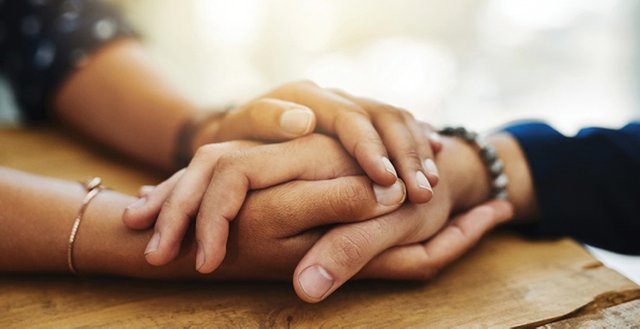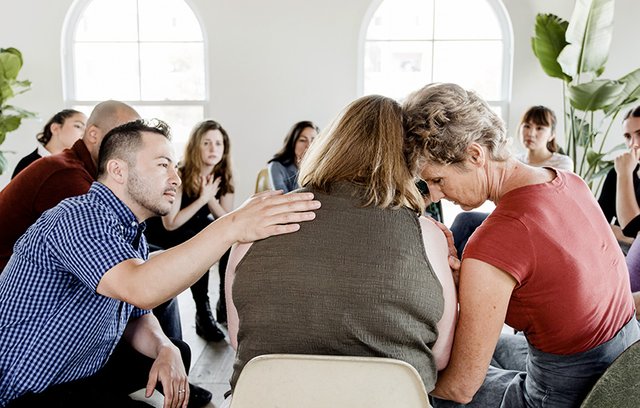When supporting a suicide survivor, it is important to remember that the loss of a loved one is an incredibly painful experience. A suicide victim may be left feeling alone and rejected. Anger over the act of suicide often follows. Anger is a natural response to the death. The suicide survivor may have a lot of questions about the deceased, his family, and friends. This can be a difficult time for the survivor.
If you have a personal connection to the deceased, do not make the first move. Reach out to the survivor. It will help to recognize that there are many different ways to respond to suicide. Providing a safe space and listening without judgement will help the surviving family and friends. While it is not easy to be there for a surviving family member, being in their presence can provide comfort.
When you visit the survivor, offer to listen without judgment. If you feel the need to say something, don't. Avoid referring to the death as an act of weakness, selfishness, or lack of faith. Rather, be respectful and acknowledge that the surviving family and friends have lost someone they care about. Being present for the survivor will give them the security they need to cope with the pain.
When you see the surviving family, remember that the survivors are in a difficult time. It is important to acknowledge the loss while acknowledging the death. If possible, try not to make the person feel alone. It will only make the survivors feel isolated. It is also crucial to remember that the death was not a suicide, and you do not want to contribute to the suffering. If you do not know the surviving family or friends, it is a good idea to check in periodically with them.
Survivors of suicide are likely to feel socially isolated, and it is difficult to know how to best support them. But the most important way to support someone is to simply "Be There." This is the best way to show that you care. Your presence will be a huge help for the survivor. If you can't be there, offer to stay in touch with the survivors. A suicide survivor's life isn't over until it has fully healed.
By acknowledging their feelings, you can help them cope with their grief. By listening to their feelings and not judging them, you can help the survivor process his or her loss. By allowing the survivor to share stories about his or her loved one, you can support him or her. This is important as the survivor of a suicide can be lonely and feel invisible. By supporting the surviving family, it can also help the survivors heal.

